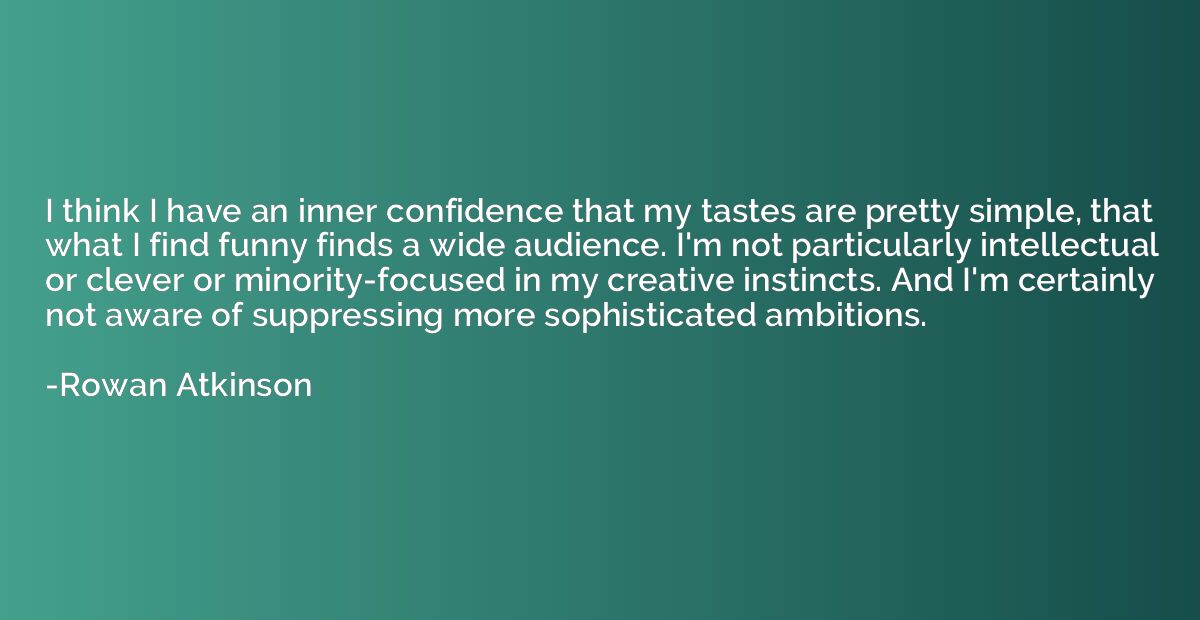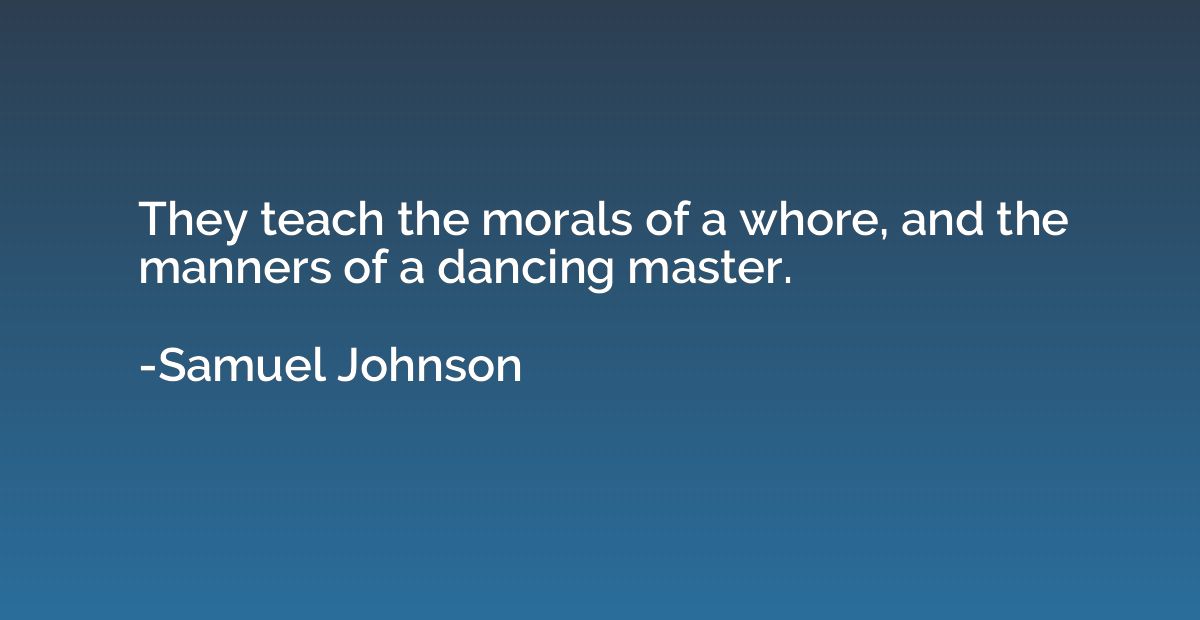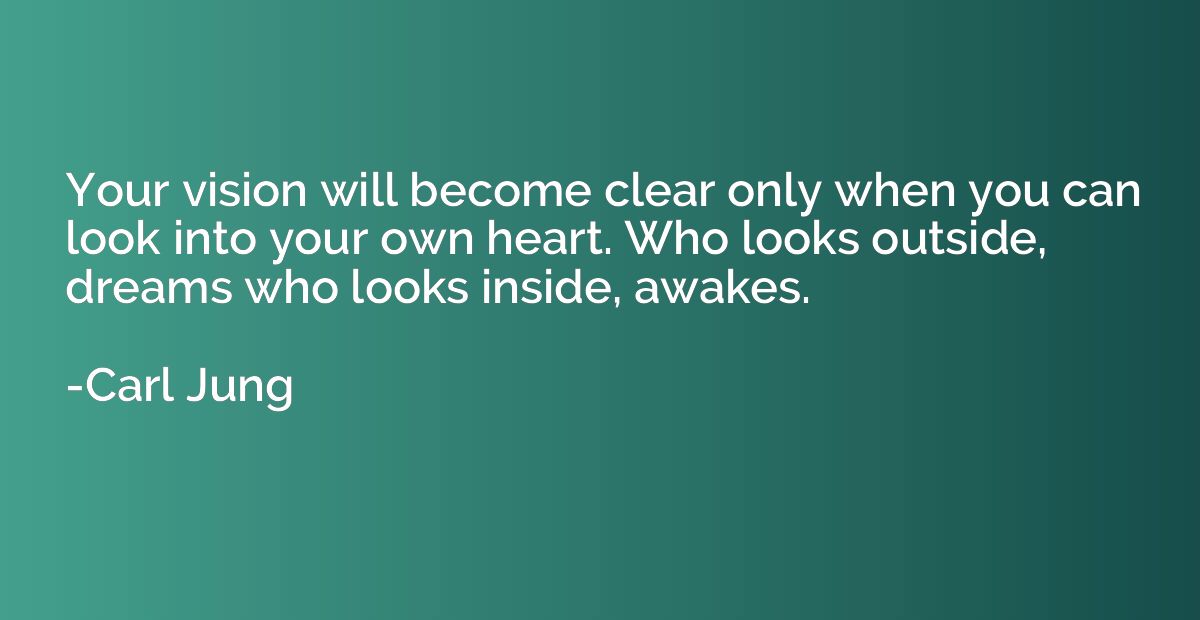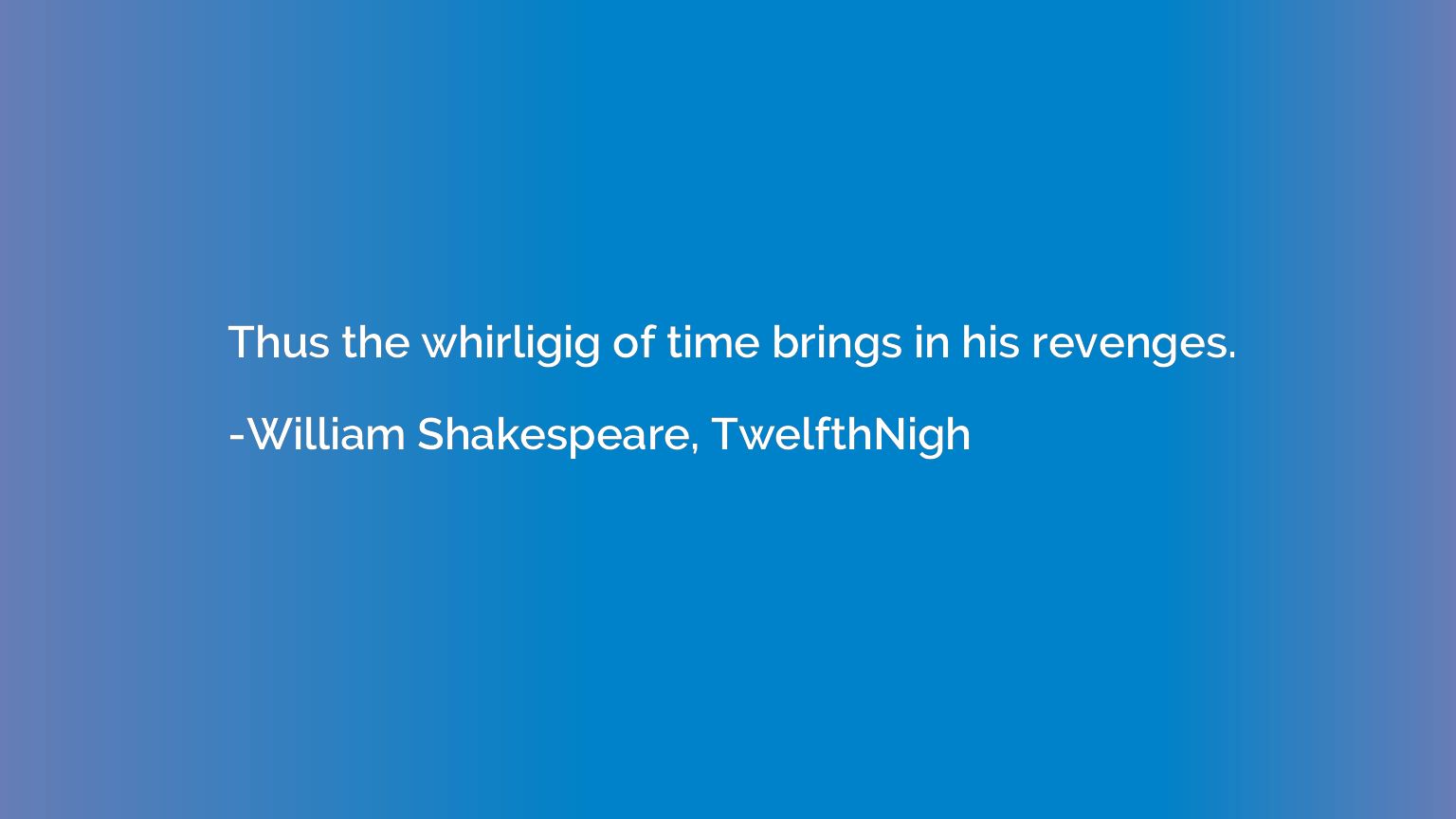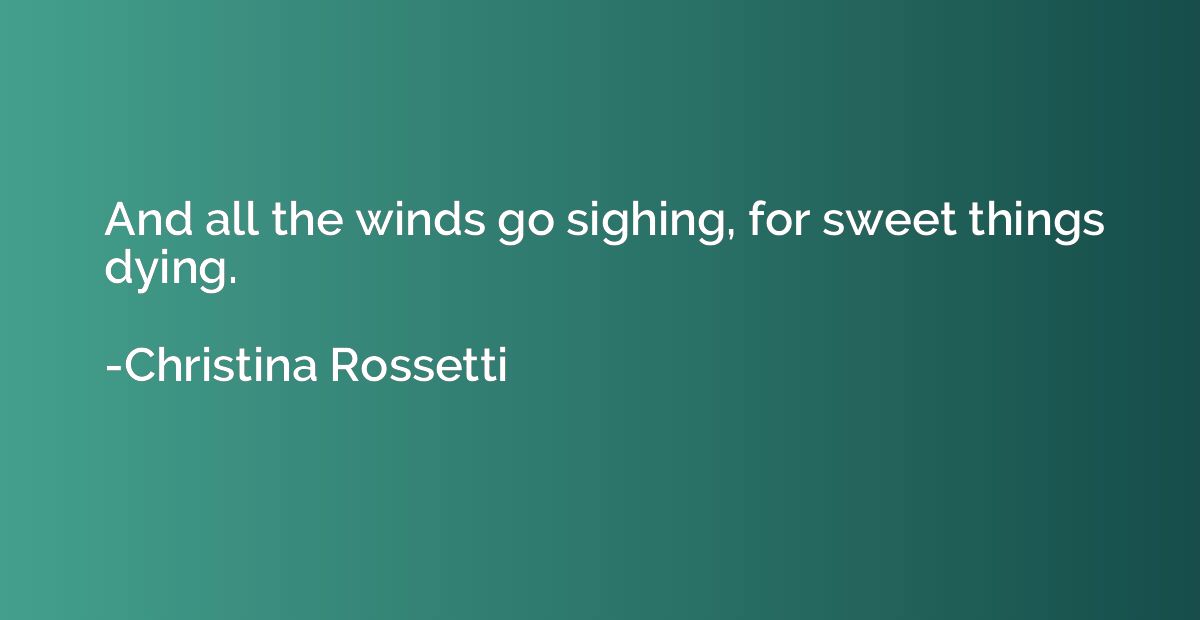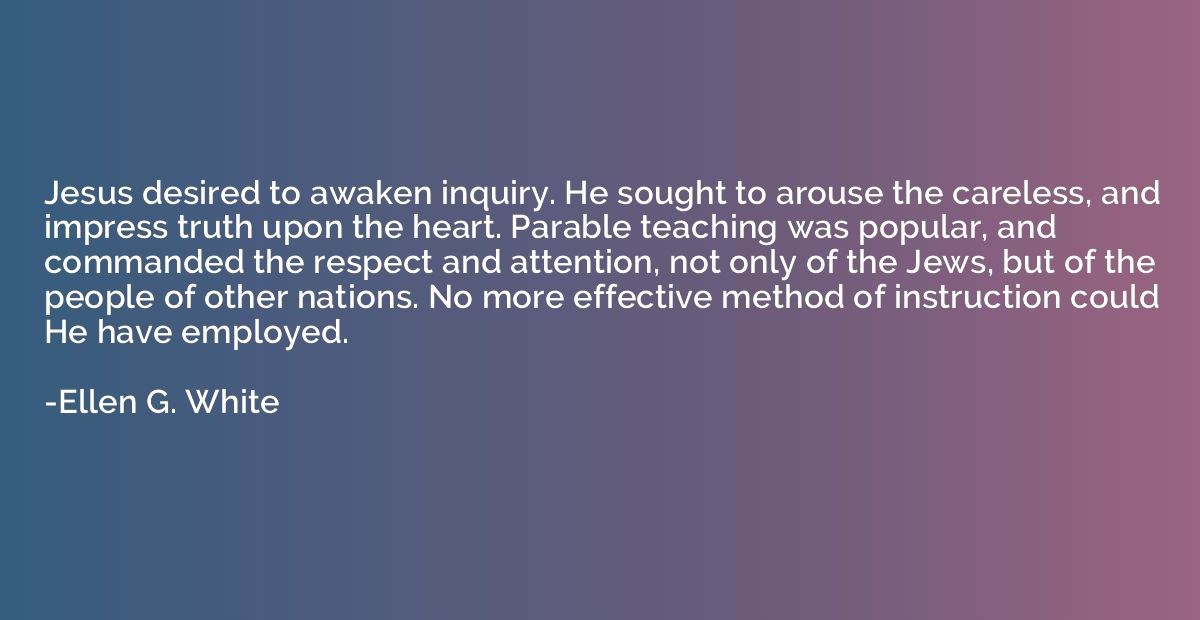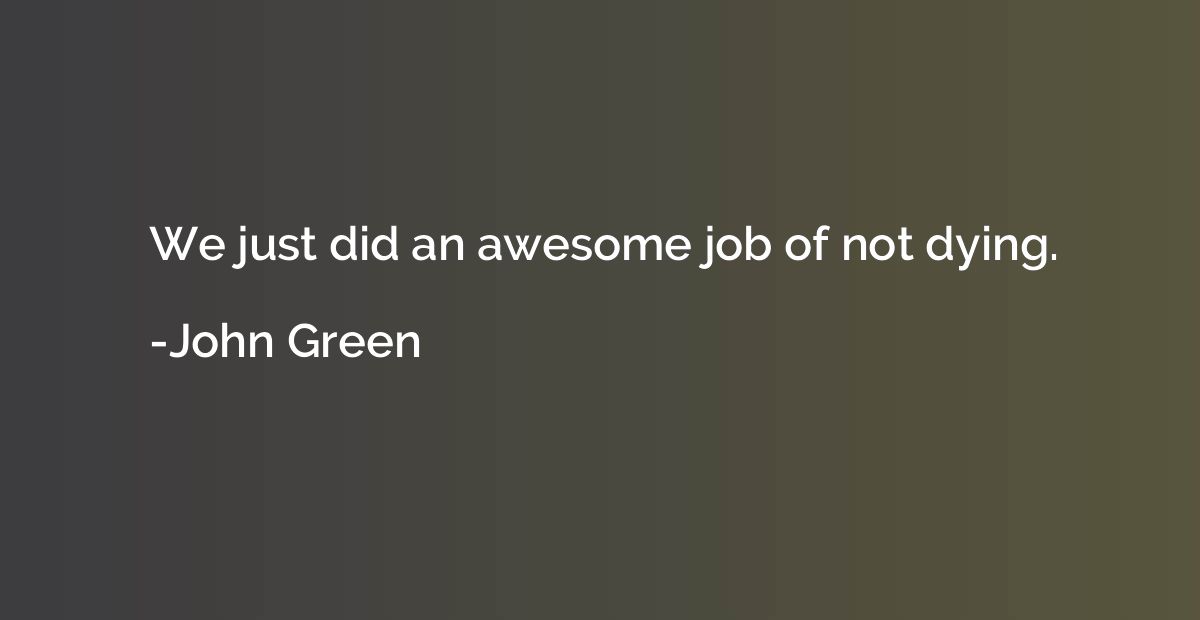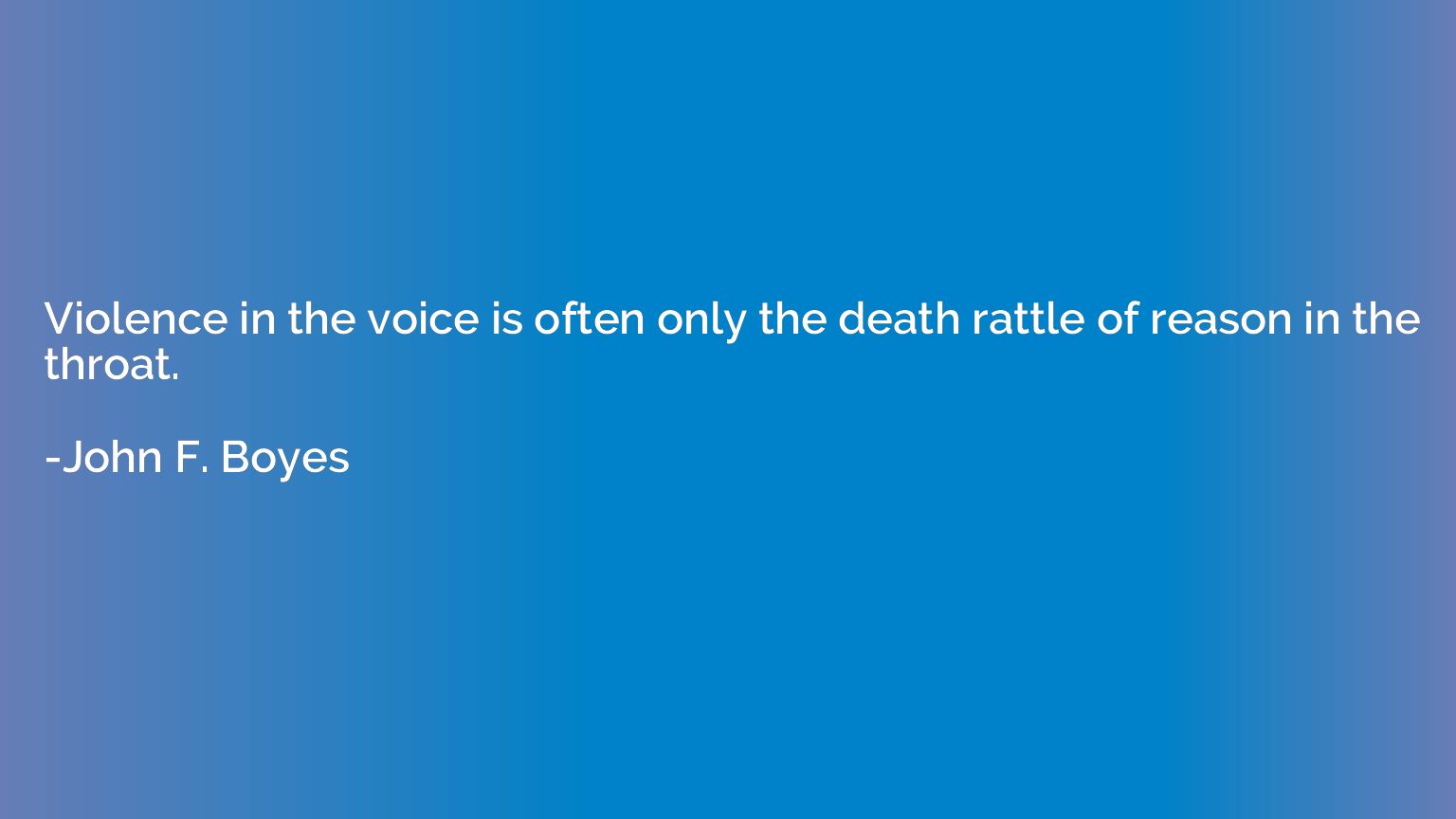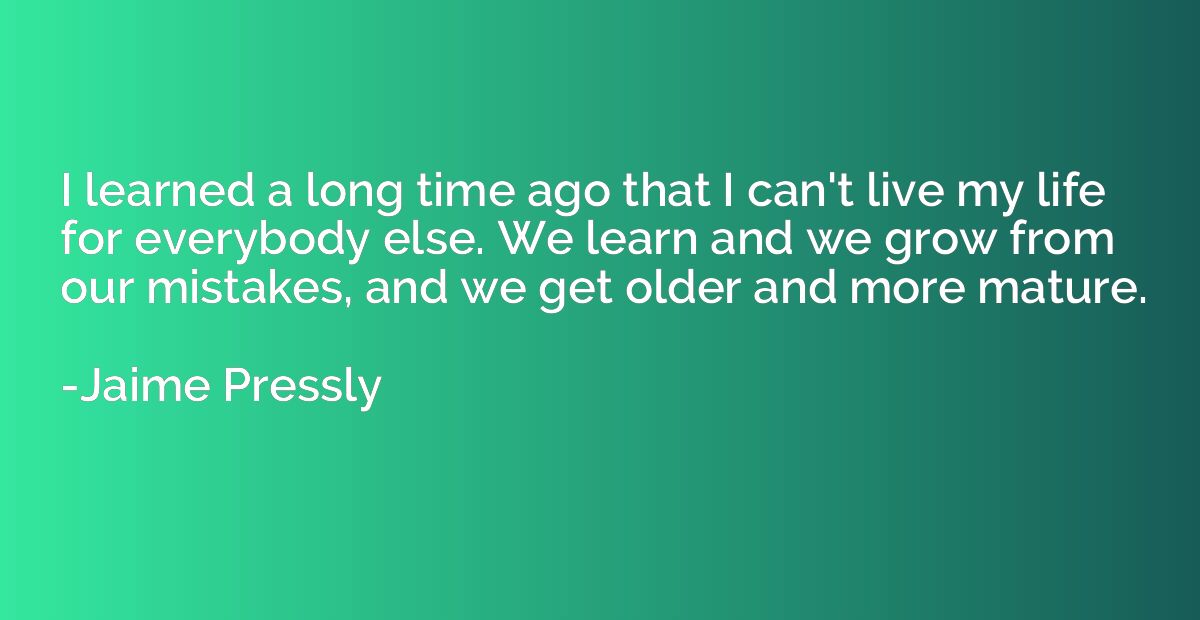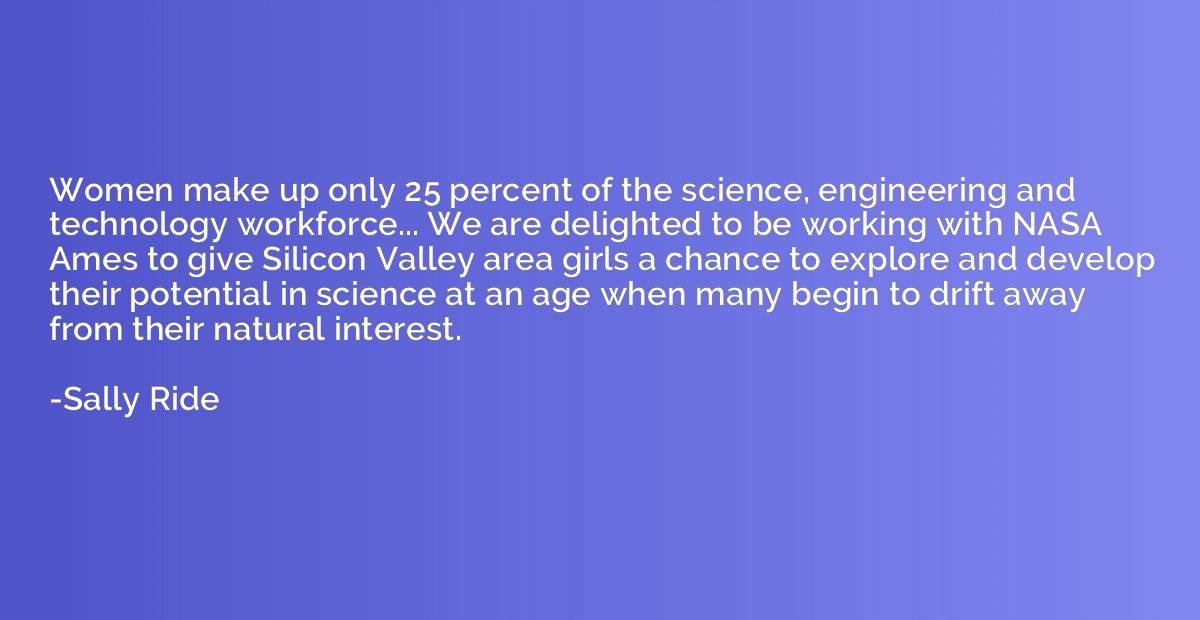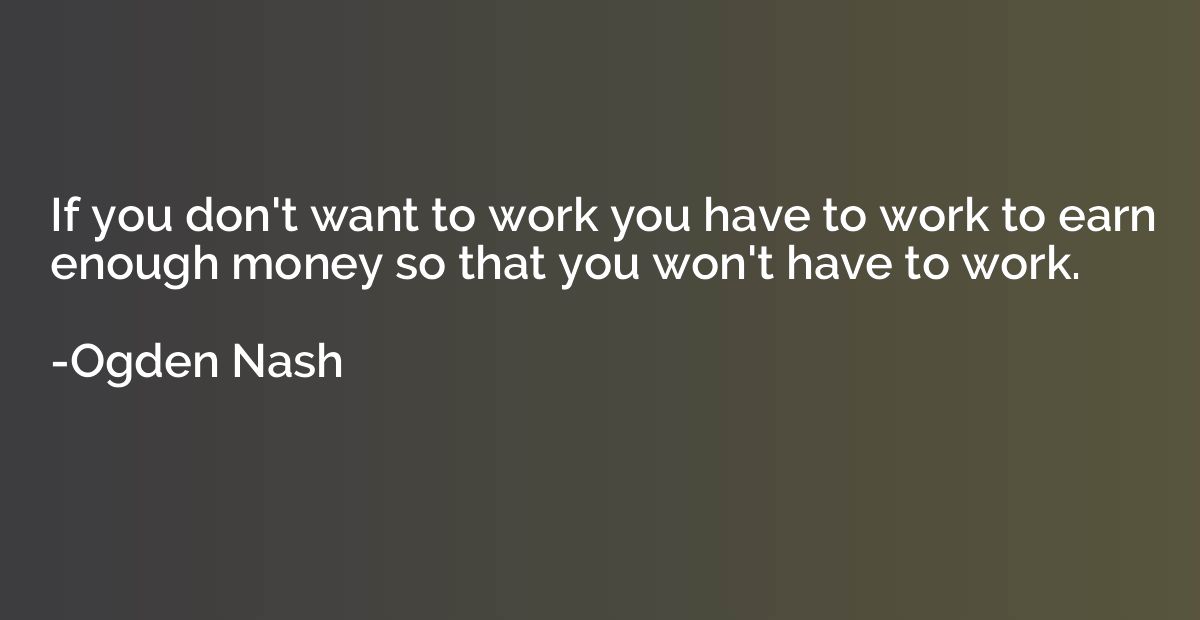Quote by Randy Alcorn
Earth is a in-between world touched by both Heaven and Hell. Earth leads directly into Heaven or directly into Hell, affording a choice between the two. The best of life on Earth is a glimpse of Heaven; the worst of life is a glimpse of Hell.
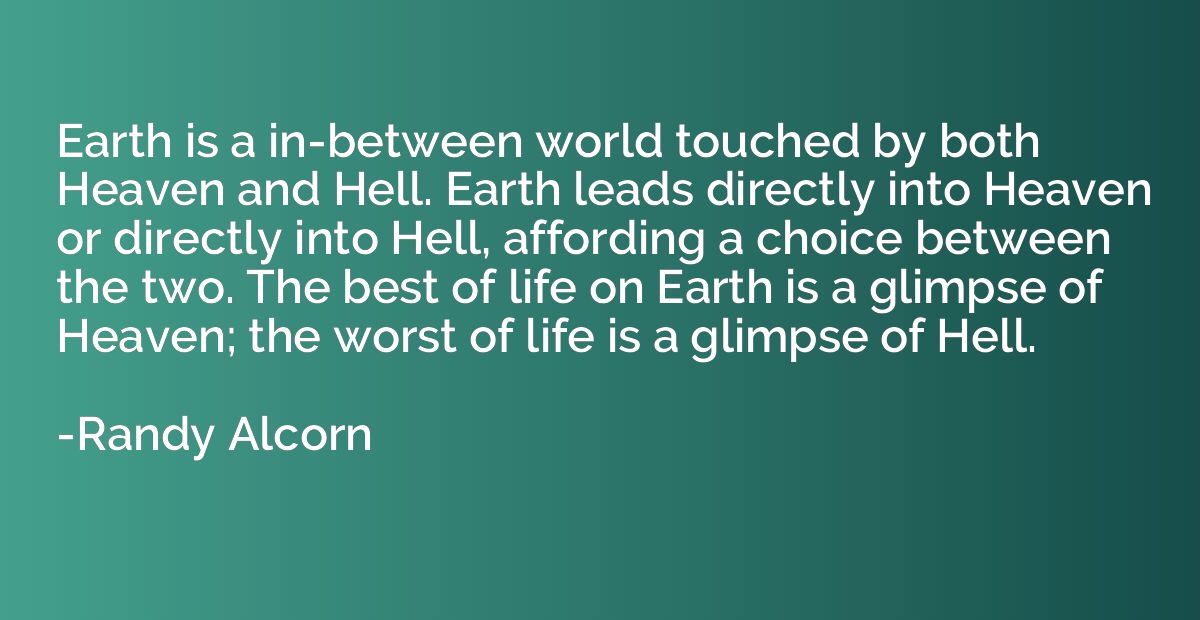
Summary
This quote suggests that Earth is a unique and crucial place where individuals are confronted with the opportunity to shape their own destinies. It implies that our actions and experiences on Earth can swing the pendulum either towards heaven or hell, depending on the choices we make. It emphasizes that even amidst the ups and downs of life, there are moments of immense beauty and joy resembling heaven, while on the flip side, there can be moments of immense suffering and despair, resembling hell. In essence, Earth acts as a pivotal junction, granting us a glimpse of both the possible paths ahead.
By Randy Alcorn



